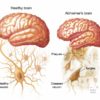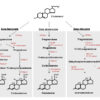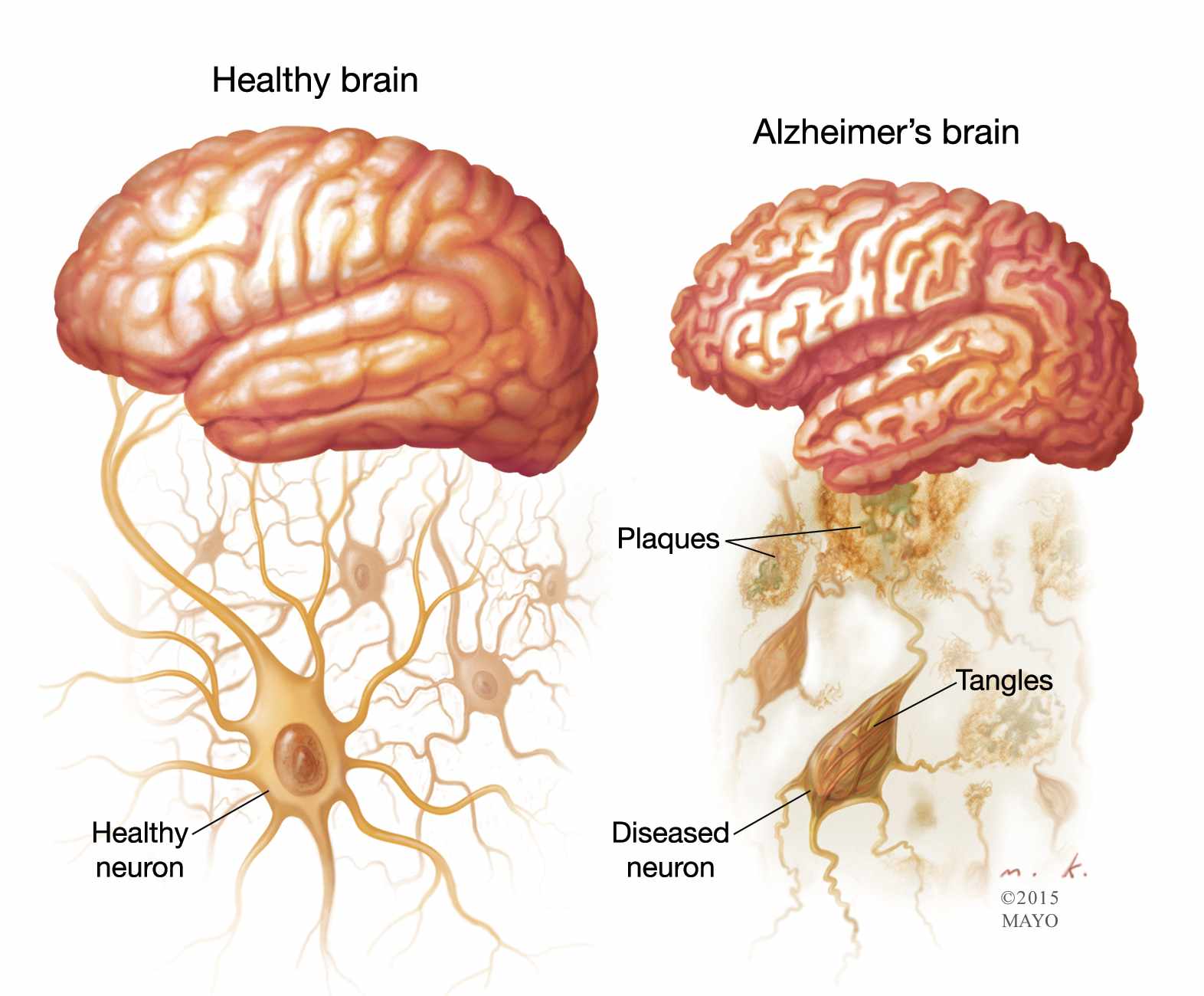Cognoscopy Panel #5 – Minerals and Vitamins
$399.00
Cognoscopy for Additional Minerals and Vitamins
Cognoscopy Panel #5 – Minerals and Vitamins
Alzheimer’s disease, dementia, and cognitive decline are complex conditions with multifactorial causes. The nutrients and markers listed could potentially play a role in these conditions, especially if their levels are chronically out of balance.
| #080283 | Magnesium, RBC |
| #081034 | Selenium, Blood |
| #706961 | Methylmalonic Acid, Serum |
| #121186 | Vitamin B1 (Thiamine), Blood |
| #000810 | Vitamin B12 and Folate |
| #004655 | Vitamin B6, Plasma |
| #001805 | Vitamin C |
| #070140 | Vitamin E, Serum |
- Magnesium (RBC #081034): Magnesium is essential for brain health, playing a crucial role in nerve transmission and neuroprotection. Low levels of magnesium in the brain have been associated with an increased risk of Alzheimer’s disease. This is because magnesium deficiency can lead to increased inflammation and oxidative stress, which are both implicated in the pathogenesis of Alzheimer’s disease.
- Selenium, Blood (#706961): Selenium is a trace mineral that acts as an antioxidant, protecting cells from damage. It has been suggested that selenium deficiency may contribute to cognitive decline, as it can lead to increased oxidative stress and inflammation in the brain. Moreover, selenium is involved in the regulation of thyroid hormones, which are crucial for brain health.
- Methylmalonic Acid, Serum (#121186): Elevated levels of methylmalonic acid can indicate a vitamin B12 deficiency. Vitamin B12 is vital for maintaining the health of nerve cells and the production of DNA and neurotransmitters. Deficiency in vitamin B12 has been linked to cognitive impairment and an increased risk of Alzheimer’s disease and other dementias.
- Vitamin B1 (Thiamine), Blood (#00810): Thiamine is essential for energy metabolism in the brain. A deficiency in thiamine can lead to Wernicke-Korsakoff syndrome, a condition characterized by severe memory impairment, among other neurological symptoms. Chronic low levels of thiamine have also been associated with an increased risk of Alzheimer’s disease.
- Vitamin B12 and Folate (#004655): Both B12 and folate are crucial for maintaining the integrity of the nervous system and for cognitive functioning. They play a key role in homocysteine metabolism; elevated homocysteine levels have been associated with an increased risk of Alzheimer’s disease. Deficiencies in these vitamins can lead to neurological and cognitive impairments.
- Vitamin B6, Plasma (#001805): Vitamin B6 is essential for normal brain development and function. It helps the body make the hormones serotonin and norepinephrine, which influence mood, and melatonin, which helps regulate the body clock. Like B12 and folate, B6 is involved in homocysteine metabolism. Deficiency in vitamin B6 has been linked to cognitive decline and an increased risk of Alzheimer’s disease.
- Vitamin C (#070140): As an antioxidant, vitamin C can protect the brain against oxidative stress. Oxidative stress is believed to be a contributing factor in the development and progression of Alzheimer’s disease. Vitamin C also plays a role in the synthesis of neurotransmitters and is important for overall brain health.
- Vitamin E, Serum (#070140): Vitamin E is another powerful antioxidant. Studies have suggested that high levels of vitamin E can protect against the damage of oxidative stress in the brain and may slow the progression of Alzheimer’s disease and cognitive decline.
It’s important to note that while deficiencies or imbalances in these nutrients can contribute to cognitive decline, Alzheimer’s disease, and dementia, they are unlikely to be the sole cause. These conditions are likely the result of a complex interplay of genetic, environmental, and lifestyle factors. Regular medical check-ups, a balanced diet, and a healthy lifestyle can help maintain these nutrient levels and potentially reduce the risk of cognitive decline.



